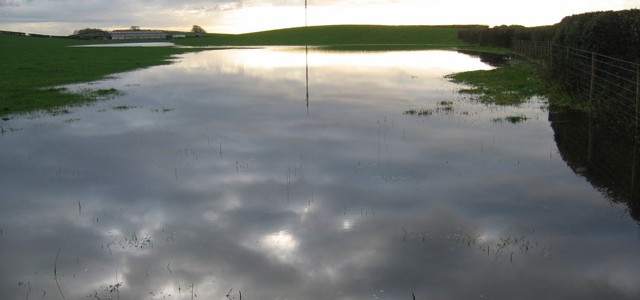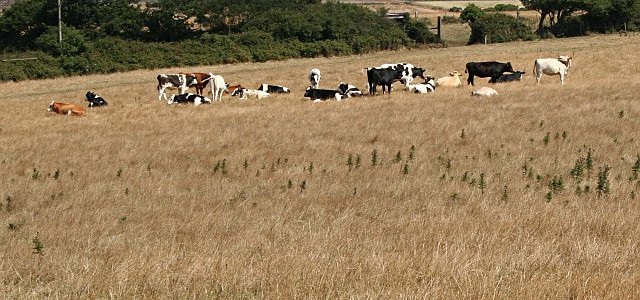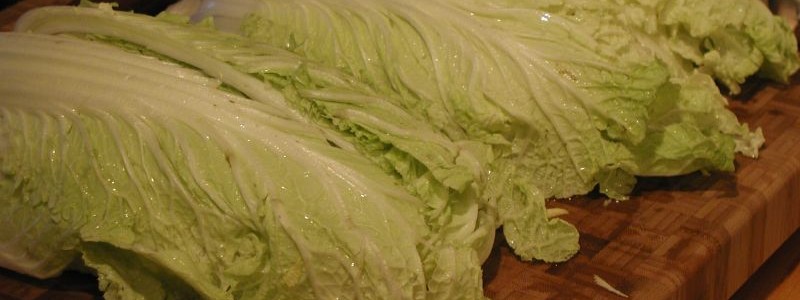Crops
-

The Packer reported this week that South American blueberries should be in short supply for the next few months due to a cold October, which has slowed production. Hail also caused fruit damage in Argentina. You can read more about this at https://www.thepacker.com/news/south-american-blueberry-season-starts-slowly.
-

Rome Ethredge published a striking article describing some of the problems that farmers have been having due to the recent wet conditions in his blog at Seminole Crop E News today. The blog article shows several pictures of soybeans that sprouted in the combine when the farmer had to stop harvesting for two weeks due…
-

Even though the El Niño is still growing towards a new record, climatologists and farmers are starting to look ahead to what the end of El Niño means for production next year. The El Niño is expected to wane starting in spring. In some years it moves to the opposite pattern, called La Niña, and…
-

The Southeast Farm Press ran a video and written story earlier this week on the three weather catastrophes that hit South Carolina this year–frost, drought and flooding rains. The late spring frost cut peach production somewhat, while the drought cut yields of several crops. When the flooding rains came in early October, they wiped out…
-

CBS News had an interesting slide show this week on impacts of the California drought on agriculture and the environment that you might not have thought of. For example, it is becoming difficult to find any grass-fed beef in the region because there is no grass for the cattle to eat. And chili peppers are…
-

The food magazine Zagat published a list of ten things that you may not know about the California drought, including several impacts on agriculture there. The website here also provides a link to a four-episode documentary they’ve produced on the impacts of drought on vintners, livestock producers and crop farmers.
-

The Guardian posted a story today on the impacts of severe drought followed by flooding rain on supplies of cabbage in North Korea. The cabbage is fermented to make kimchi, a staple dish that gets many families through the winter. Prices of cabbage and other ingredients have gone up by 50 percent if they are…